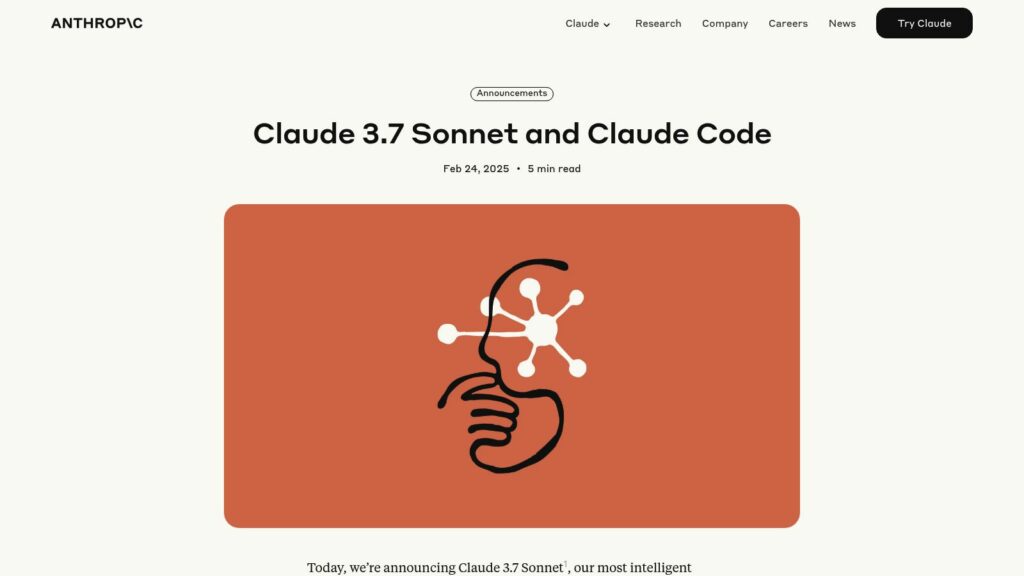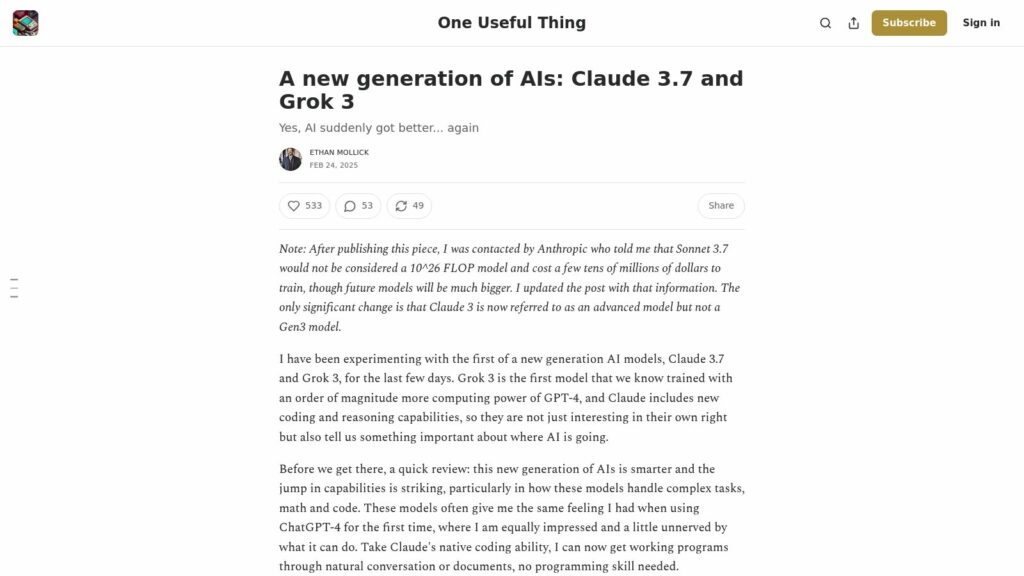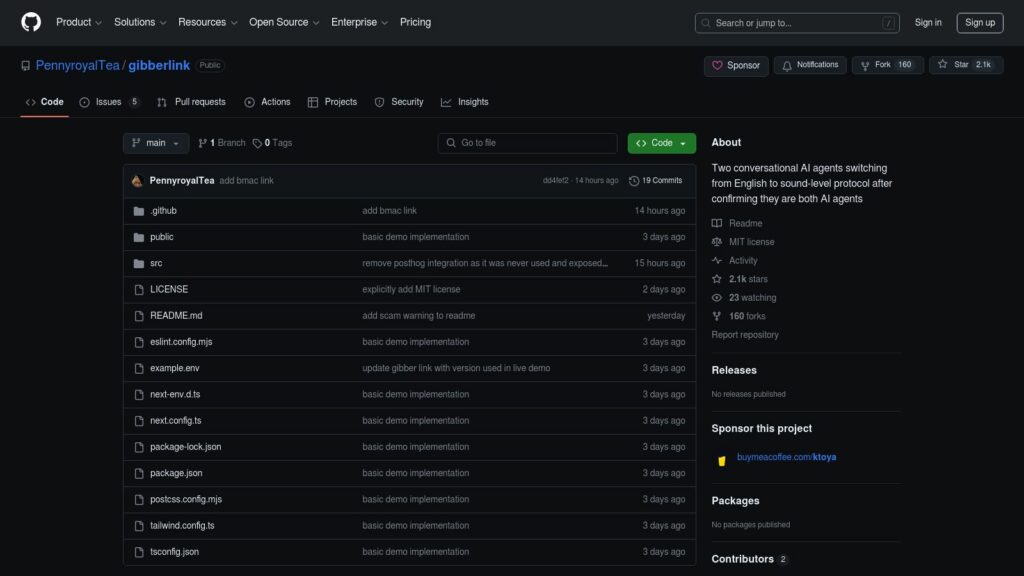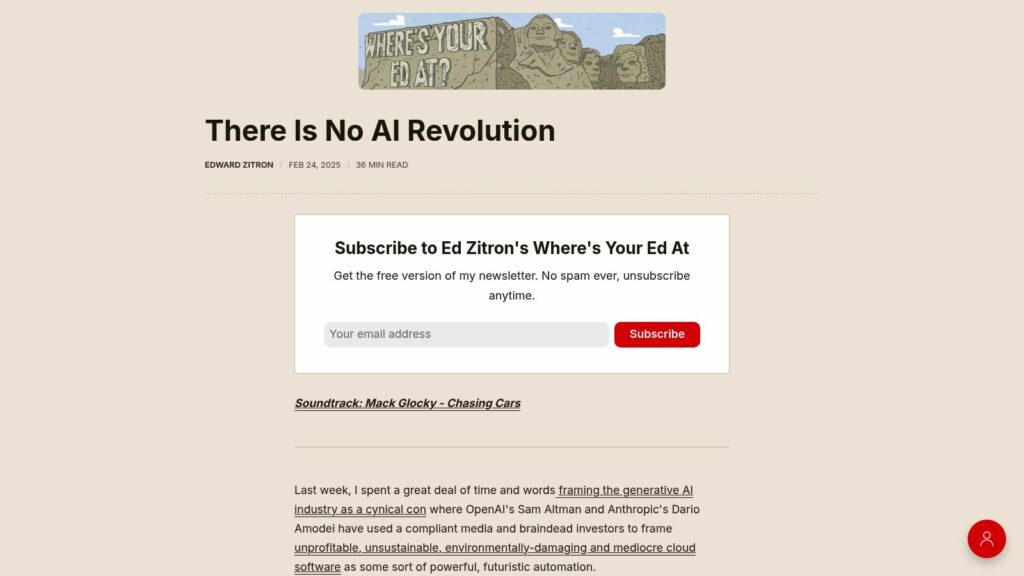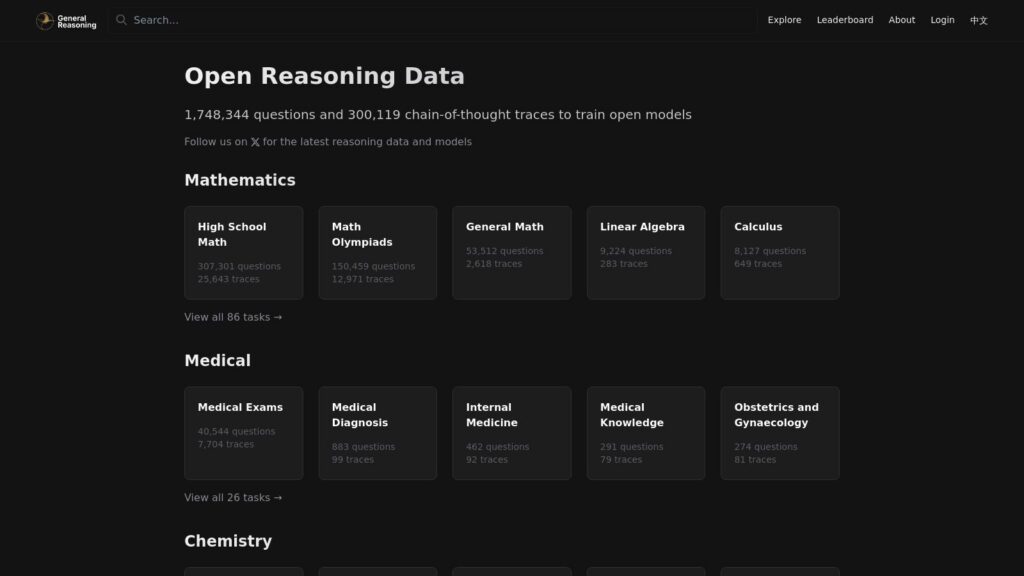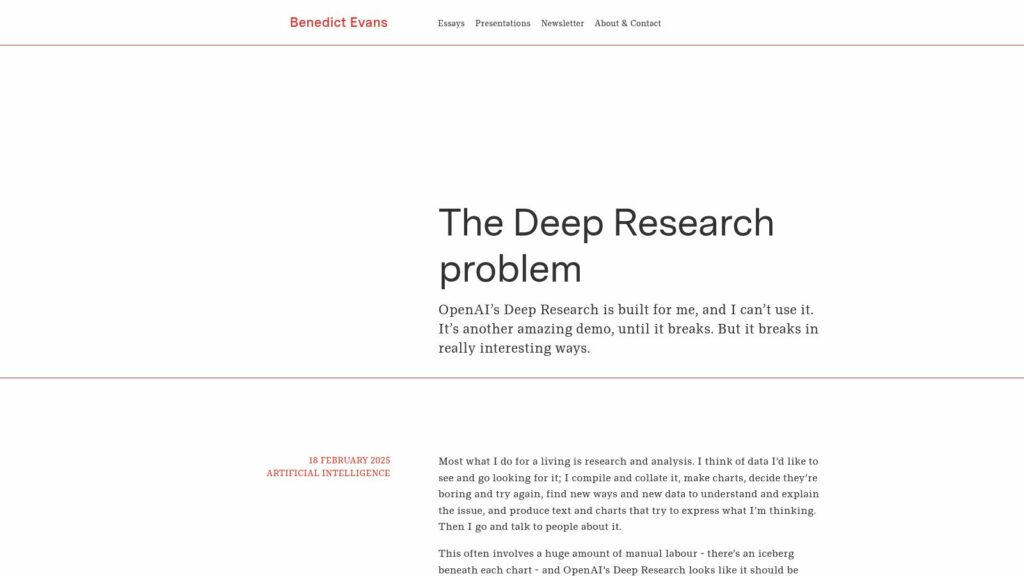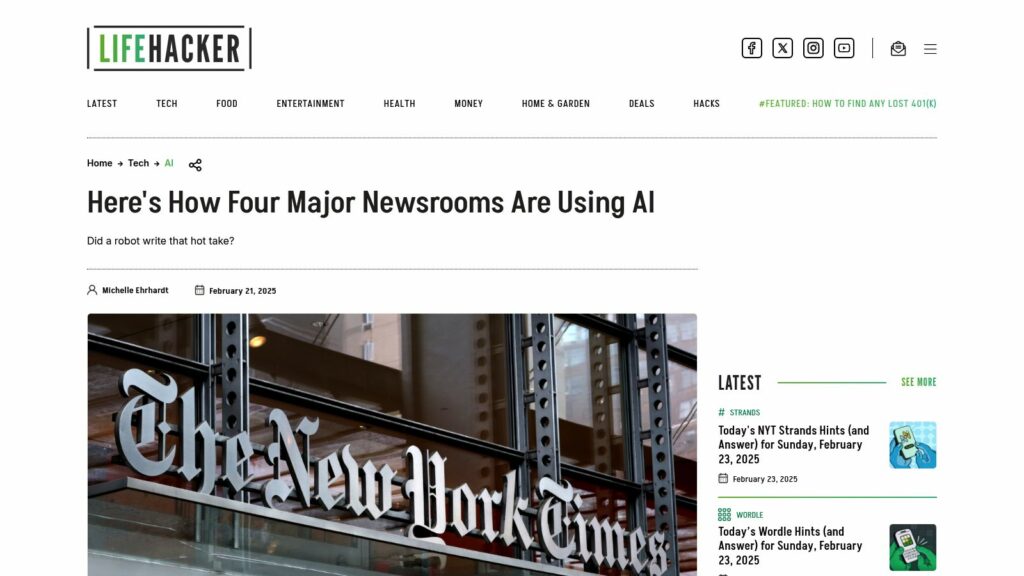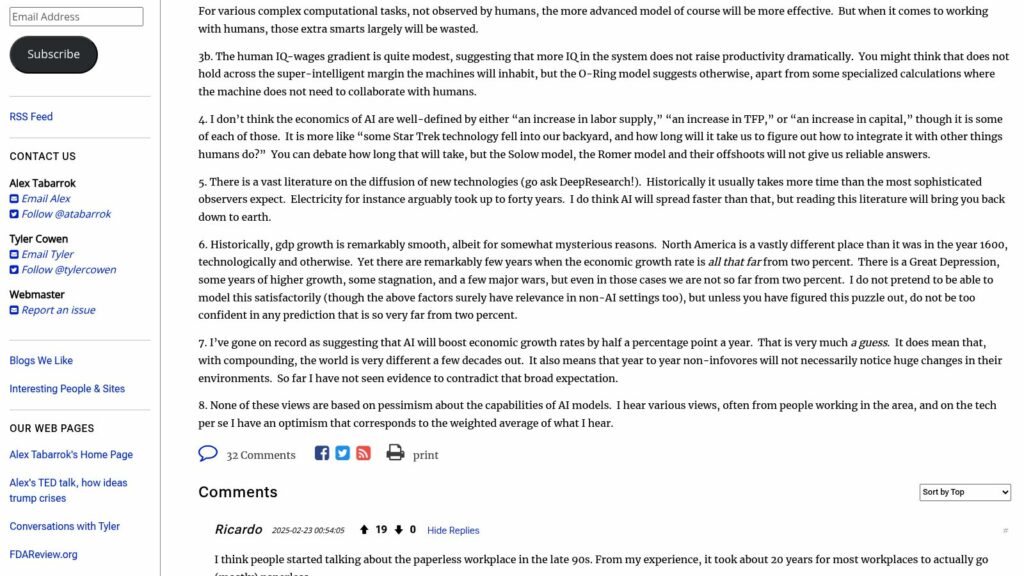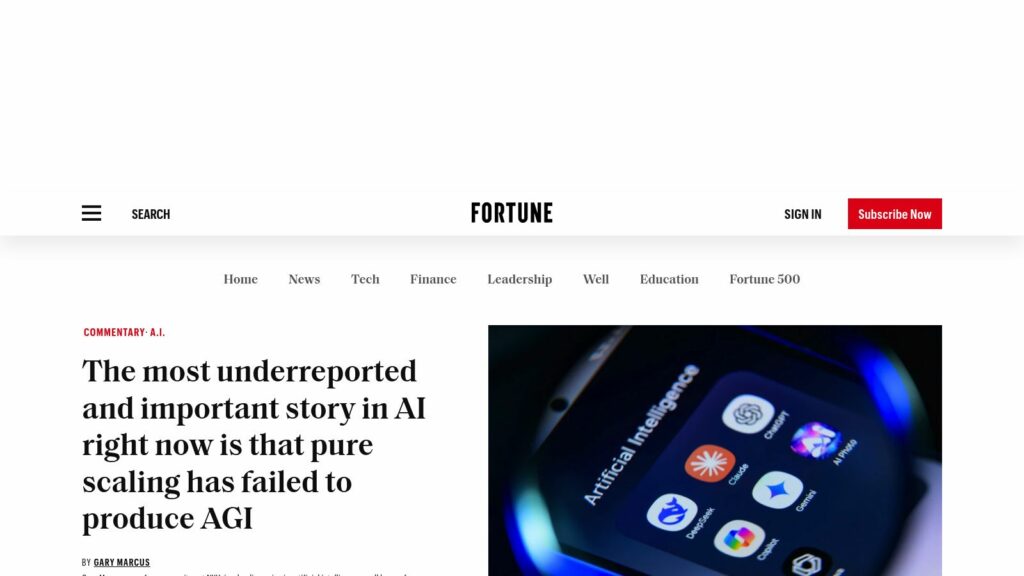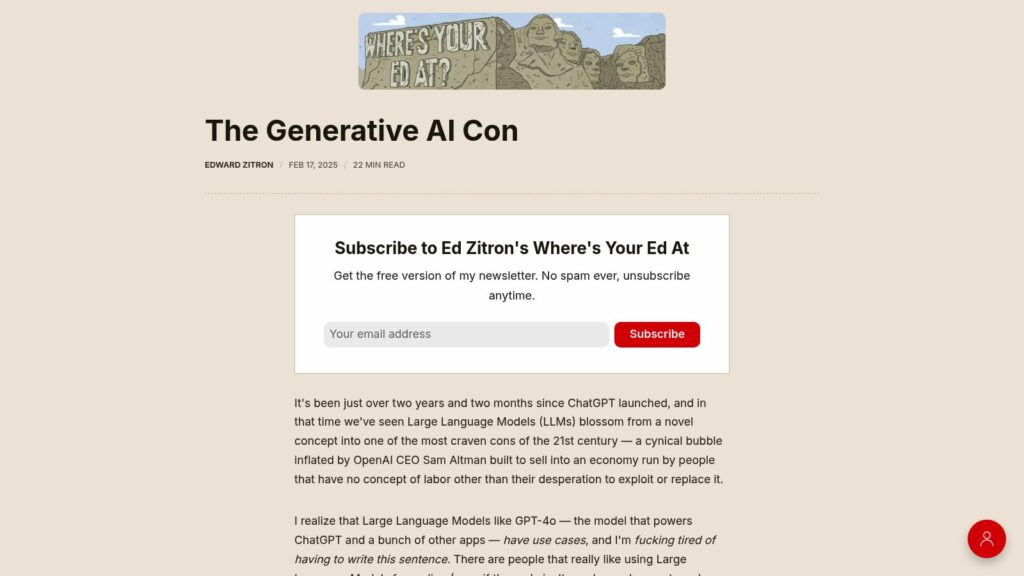Claude 3.7 Sonnet and Claude Code Anthropic
Claude 3.7 Sonnet, Anthropic's latest hybrid reasoning model, offers quick and extended thinking modes for coding and web development. It includes Claude Code, a tool for developers to manage coding tasks directly from the terminal. Available across various plans, it maintains pricing similar to previous models. Claude 3.7 excels in real-world coding challenges, enhances user control over processing time, and improves upon its predecessor's reasoning capabilities while reducing harmful request refusals. The model aims to integrate reasoning and coding in a user-friendly manner, bringing AI closer to enhancing human capabilities.
